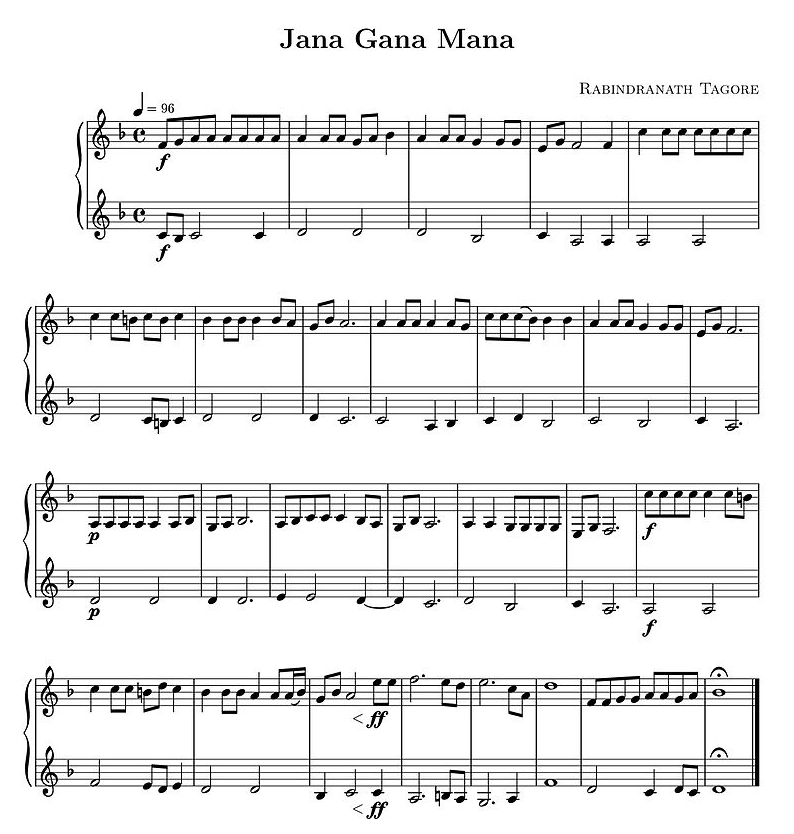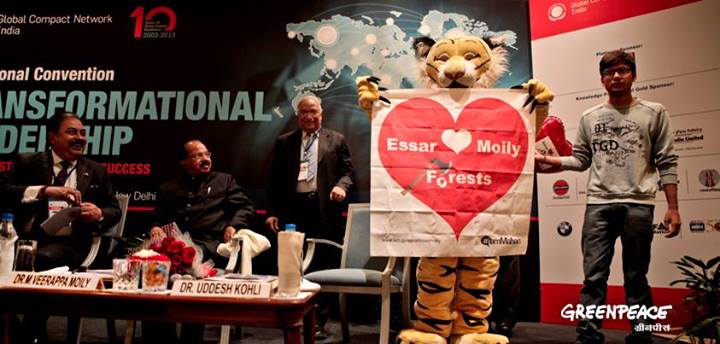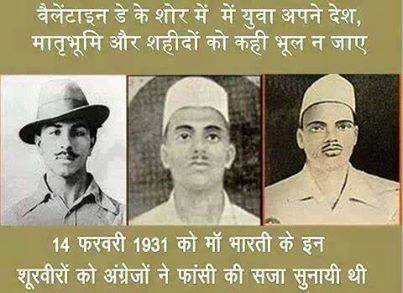The Wire reports on October 24, 2017 Supreme Court Judgement on playing the national anthem in theatres and says:
The bench of the Chief Justice Dipak Misra and Justices D.Y. Chandrachud and A.M. Khanwilkar displayed a remarkable sense of openness in listening to the criticism that its interim order, paving the way for coercive demonstration of patriotism in cinema halls, was an example of judicial legislation.
The series of events took place over the last couple of years seem to be a wandering ball game between the State and the highest judiciary authority, Supreme Court of India. However, it requires a closer look to understand a rising trend of state symbolism to ensure patriotism from its citizens.

There are some pertinent questions arises out from the series of events happening around this. We hear about incidences of violence instigated in connection to “disrespecting national anthem” in cinema halls. We hear about the attacks by vanguards of patriotism in cinema halls for saving national anthem from “disrespect”. And this allows us to ponder on two aspects: one is what constitutes respect to national anthem and second is what are the indicators of patriotism.
The phrase “national anthem” appears in the main body of the Constitution of India only once, in Part IVA: Fundamental Duties. The other three mentions are made in Appendix in connection to Article 248, “Residuary powers of legislation” on “Prevention of activities”. The Constitution of India talks about National Anthem in Article 51A of Part IVA in the following words:
51A. It shall be the duty of every citizen of India— (a) to abide by the Constitution and respect its ideals and institutions, the National Flag and the National Anthem;
It is notable that this article was included in constitution and modified through 42nd and 86th amendment of the Constitution in the year 1976 and 2002 respectively. Rising symbolism associated with patriotic fetishism seems to be a global trend at recent time. Recent judgement appears to be an humaniser in this context.
Strong association of “respecting” national anthem comes from the articulation of Article 248 in appendix. That talks about that State can take legal actions for activities
(b) directed towards disclaiming, questioning or disrupting the sovereignty and territorial integrity of India or bringing about cession of a part of the territory of India or secession of a part of the territory of India from the Union or causing insult to the Indian National Flag, the Indian National Anthem and this Constitution,
Reading this two articles, it can be proposed that the later would have generated more awe than the former. And probably, we should situate our discussion by problematising the concern of national integrity, patriotism, and symbolism rather than discussing the state vigilance towards ensuring fundamental duty. If the later would be the case, we would not find the State as mute spectator towards the people plundering the country and violating the other fundamental duties. Sometimes, situation is so grave that following fundamental duties would cause demise of individuals.
When we hear patriotism in its present parlance, we see a sense of symbolic predominance. A culture of rituals. A culture that predominates in a decaying society living in despair. A society looking for a scapegoat to express its violence stemmed from her inability to progress.
It is important to dismantle such symbolic association that does lip service for the abstract idea of Nation while sacrificing its own people. There is a chance that real anti-national people like corrupts, murderers, rapists, goons, racists, communal fanatics, nepotists, conspirators, and consumerists will demonstrate ritualistic patriotism. And real patriots would be penalised.
There is a difference between patriotism and accepting subjugation of nation state by its oppressive machinery. Being concerned about the oppressive nature of State is an act of greater patriotism than become a part of that oppressive system. State must create environment of dialogue to ensure the interest of people guided by egalitarian ethos rather than promoting people to hide under a safeguard of ritualistic patriotism in order to be a part of the oppressive system. Establishing pro-people policies, increase of social security, finding ways to liberate from hegemonic socio-economic relation, ensuring safeguard of the fundamental rights based on socialist and egalitarian ethos would bring true social coherence and trust among its citizens. Who would care for the rituals then?





![Constitution-of-India-Original [Page 7]](https://sauravpeace.files.wordpress.com/2014/02/constitution-of-india-original-page-7.jpeg?w=492&h=202)











